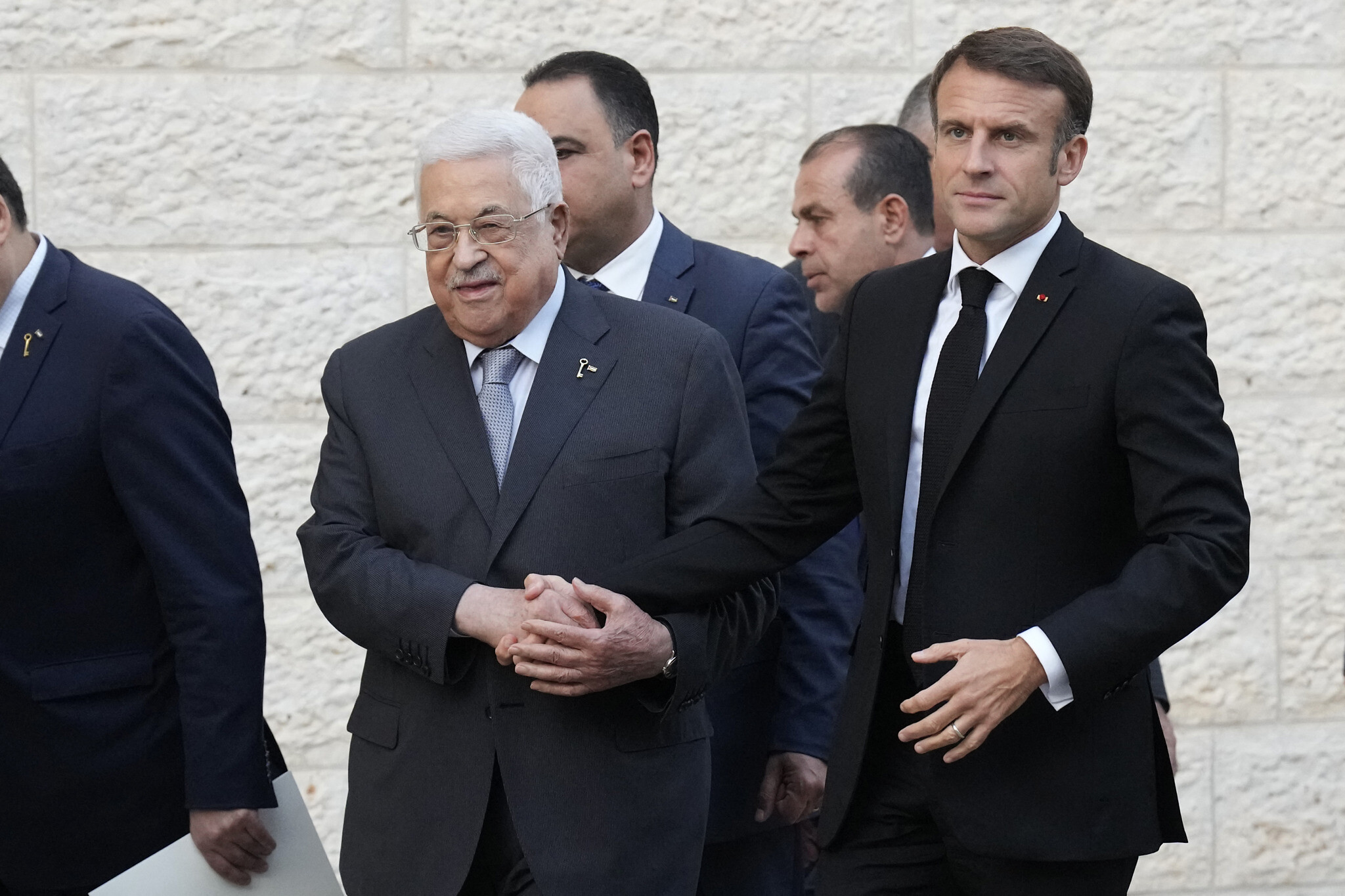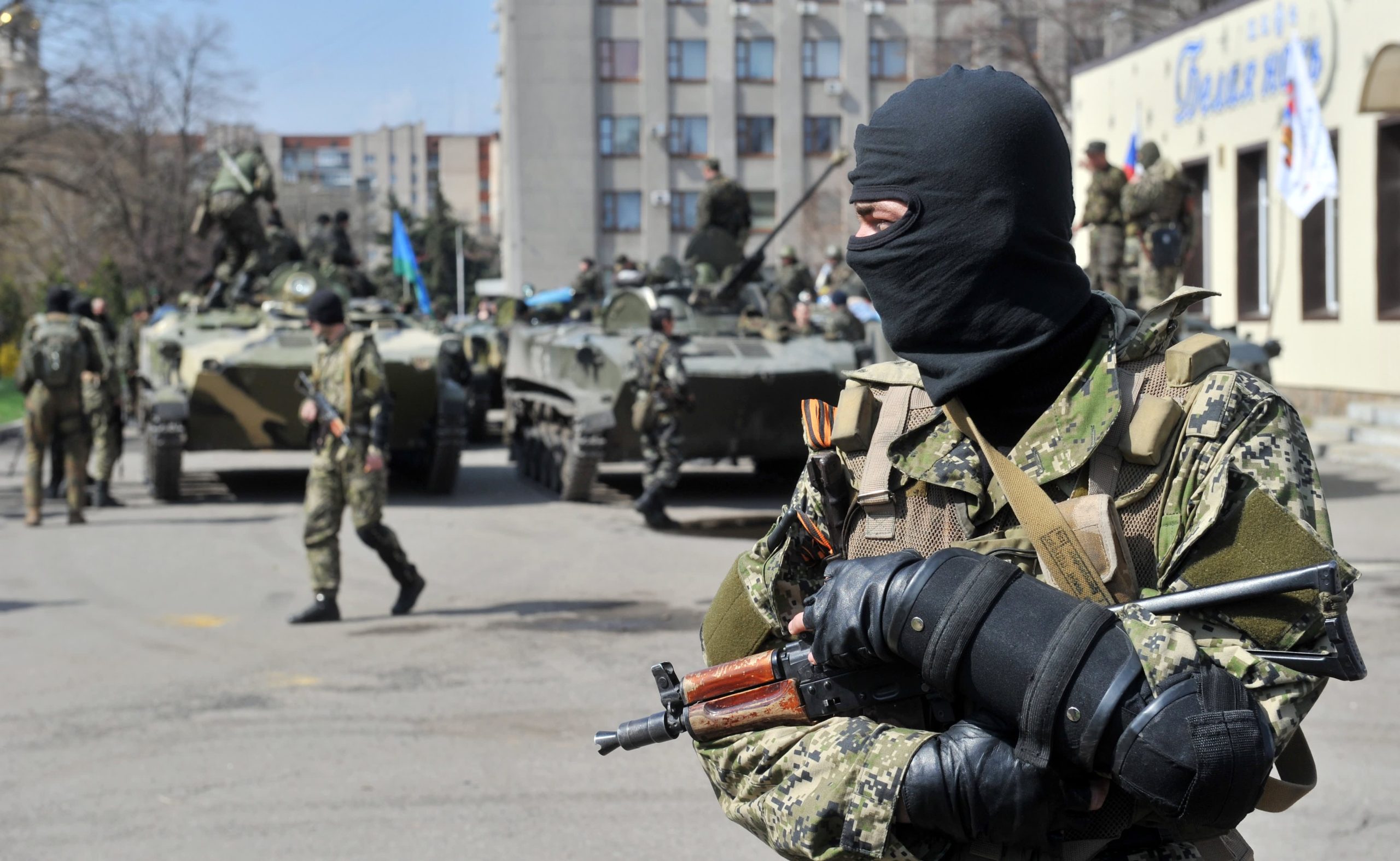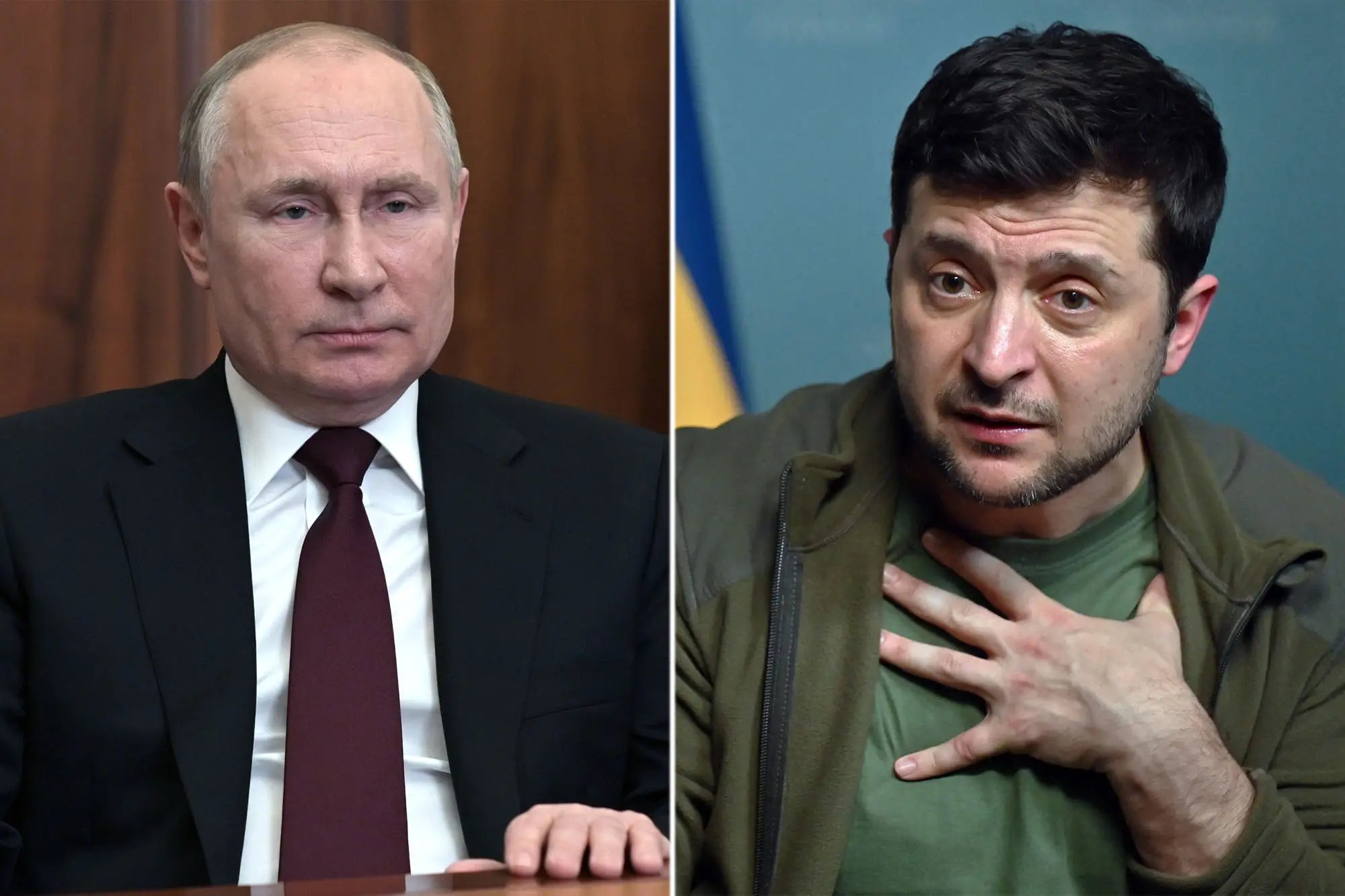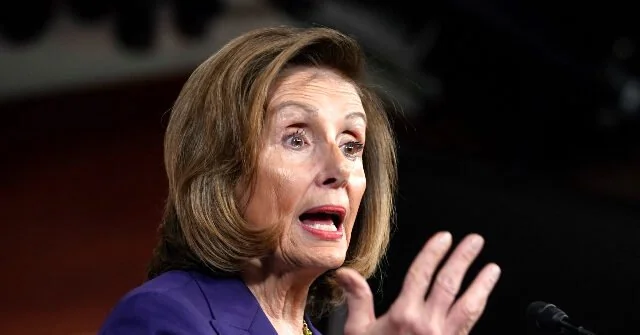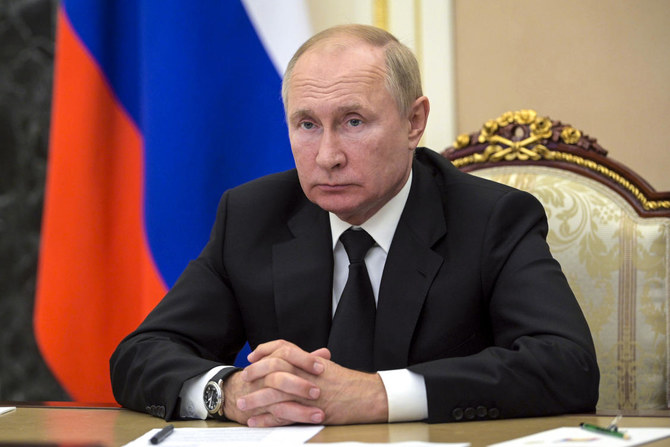Palestinian President Mahmoud Abbas, in a recent interview, expressed his grave concern, stating that the ongoing events in Palestinian territories are more disastrous than the historic Nakba of 1948. Abbas accused Israeli Prime Minister Netanyahu and previous governments of scheming to eliminate the Palestinian people. He highlighted the dire situation in Gaza and condemned the U.S. for consistently vetoing UN ceasefire initiatives.

Current Crisis Worse Than Nakba
In the interview, Abbas emphasized the severity of the present crisis, deeming it worse than the Nakba and any other catastrophe witnessed by the Palestinian people. He criticized the international community, particularly the United States, for hindering efforts to halt the ongoing conflict.
Abbas asserted that the Israeli government, under Netanyahu’s leadership, has a long-standing plan to eliminate Palestinians. He expressed readiness for the Palestinian Authority to assume responsibilities in Gaza if the Israeli army withdraws, envisioning a unified Palestinian state comprising Gaza, the West Bank, and Jerusalem.
The Palestinian leader reiterated that the scheme to eradicate Palestinians was not limited to the current government but extended to previous administrations. He emphasized the commitment of the Palestinian Authority to fulfill its responsibilities in Gaza, the West Bank, and Jerusalem as a cohesive Palestinian state, given the opportunity.
READ ALSO: Russia Threatens to Sever Ties with Washington Amid Confiscation Plans for $300 Billion Reserves
Russia’s Support and Two-State Solution
Abbas highlighted Russia’s support, stating unequivocally that the country stands firmly with the Palestinians. He indicated that Russia is prepared to engage in discussions regarding a two-state solution.
Abbas acknowledged Russia as a staunch ally, affirming their alignment with the Palestinian cause. He signaled optimism about Russia’s willingness to participate in talks aimed at achieving a two-state solution, potentially offering a diplomatic avenue amid the ongoing conflict.
This summary captures Abbas’s condemnation of the current situation, his accusations against Netanyahu, and the potential role of Russia in finding a resolution, presenting the complex geopolitical dynamics in a concise manner.
